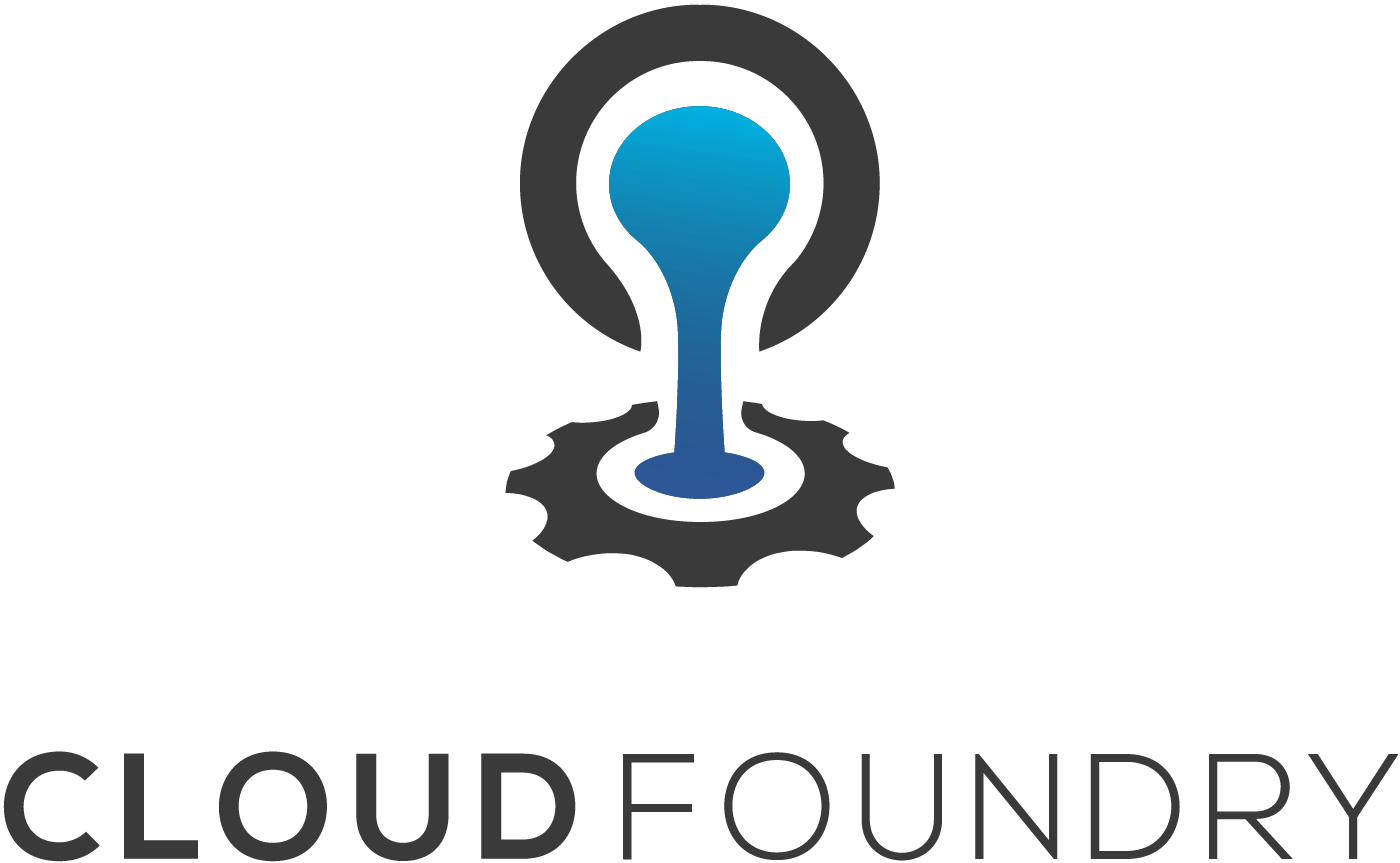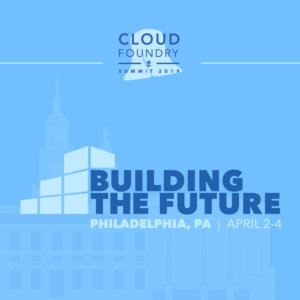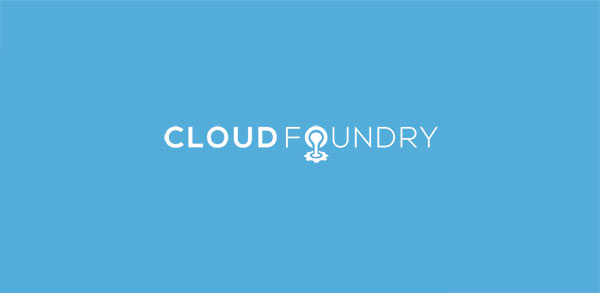Docker images support makes it easier and more efficient for engineering teams working with container-based workflows.
SAN FRANCISCO, November 6, 2023 – Cloud Foundry Foundation today announced the latest release of Korifi, a Platform-as-a-Service (PaaS) that takes a major step forward in reducing the complexity of Kubernetes while greatly improving the application deployment experience. The Korifi update includes support for Docker images and deploying those to Kubernetes, making it simple for developers working with container-based workflows.
Docker container images are ubiquitous with their ability to simplify application deployment and management. Korifi support for Docker images on Kubernetes provides compatibility with existing containers and container-based workflows in build, CI/CD, and remote deployments. And once Docker images are deployed, Korifi also helps orchestrate containers throughout their lifecycle.
“Korifi now offers users the power to transform container-based workflows and take advantage of Kubernetes scalability and resilience,” said Chris Clark, program manager at Cloud Foundry. “We’re enabling developers to focus on innovation, without having to deal with infrastructure and become experts in Kubernetes.”
Kubernetes is a powerful and flexible platform for managing containerized workloads, but it can be complex and difficult to manage for developers who are less familiar with its intricacies. Korifi aims to simplify the deployment process for developers of applications on Kubernetes infrastructure.
“Within the Cloud Foundry community, we have been relentlessly focused on bringing the PaaS experience to Kubernetes infrastructure and now with Docker support, Korifi does that,” said Ram Iyengar, developer advocate at Cloud Foundry. “With Docker support, Korifi opens up interoperability with many existing workflows and is an important step towards making the project feature-complete in the Kubernetes ecosystem.”
Updates to Korifi in the new release include the following benefits.
- Works with existing workflows: Cloud Foundry Korifi’s support for Docker images facilitates interoperability with a wide range of existing workflows, making it relevant for teams already utilizing container-based solutions.
- Increased Productivity: Scaling becomes easier, and managing the container lifecycle is more efficient without having to deal with Kubernetes configuration.
- Improved Agility: Existing Docker-based workflows can co-exist and operate side-by-side with Kubernetes, providing an easy on-ramp for users.
- Reduced Complexity: With support for Docker images, there is no longer a need for writing or maintaining complex YAML configurations, and workflows for most lifecycle operations are readily available.
- New Installer: Simplifies Korifi deployment locally for first-time users.
For system integrators and service providers, Korifi is an avenue to enable a cloud-native transformation for their customers using Cloud Foundry.
Docker users looking to increase productivity, improve agility, and reduce complexity, can try Korifi and deploy Docker containers to Kubernetes. Go here to learn more about Korifi.
Cloud Foundry is an open source technology backed by the largest technology companies in the world, including IBM, SAP, and VMware, and is being used by leaders in manufacturing, telecommunications and financial services. Only Cloud Foundry delivers the velocity needed to continuously deliver apps at the speed of business. Cloud Foundry’s container-based architecture runs apps written in any language on a choice of cloud platforms — Amazon Web Services (AWS), Google Cloud Platform (GCP), IBM Cloud, Microsoft Azure, OpenStack, and more. With a robust services ecosystem and simple integration with existing technologies, Cloud Foundry is the modern standard for deploying mission critical apps at global organizations.




